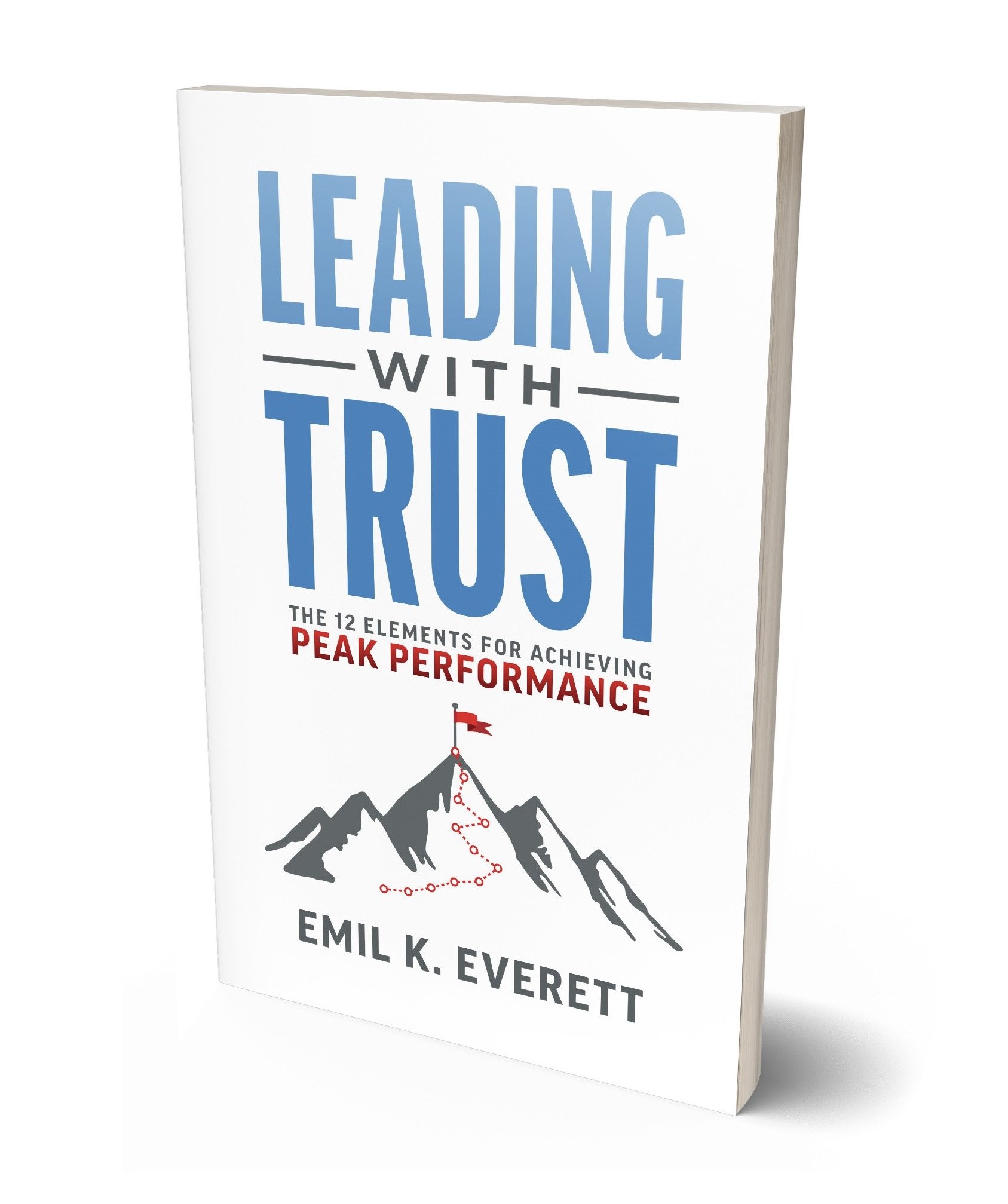The Crucial Role of Critical Thinking in Leadership
Leadership requires more than just the ability to make decisions; it necessitates the skill of critical thinking. Critical thinking is a cognitive process that involves analyzing, evaluating, and synthesizing information to make informed decisions. As a leader, honing this skill is not just an advantage—it's a necessity. We can become better leaders by understanding the significance of critical thinking in leadership, its numerous benefits, the risks associated with neglecting it, and practical tips to enhance your critical thinking abilities.
Critical thinking is more than just a buzzword; it's a mindset and a set of skills that enable leaders to approach problems and decisions with depth and precision. It involves examining assumptions, questioning biases, evaluating evidence, and considering alternative perspectives. A critical thinker avoids hasty judgments and instead seeks to understand a situation's root causes and underlying complexities before reaching conclusions.
Benefits of Critical Thinking for Leaders
Informed Decision-Making: Critical thinking empowers leaders to make well-informed decisions based on thorough analysis rather than gut feelings or hasty assumptions.
Problem-Solving: Leaders who think critically can tackle complex problems effectively by breaking them down into manageable parts and devising strategic solutions.
Adaptability: Critical thinkers are more adaptable to change and are open to reevaluating their approaches and strategies in response to new information or challenges.
Innovation: Leaders who encourage critical thinking in their teams foster an environment conducive to creativity and innovation, leading to new ideas and approaches.
Effective Communication: Critical thinkers can articulate their ideas clearly and concisely, facilitating better communication within their teams and organizations.
Leaders who overlook the importance of critical thinking can find themselves making uninformed decisions, falling victim to cognitive biases, and lacking the ability to address complex challenges effectively. This can result in missed opportunities, poor judgment, and potentially damaging consequences for both the leader and the organization.
Tips to Enhance Critical Thinking Skills
Embrace Curiosity: Cultivate a curious mindset and ask questions to dig deeper into problems and situations.
Question Everything: Challenge assumptions, ask probing questions, and seek a deeper understanding of issues before making decisions.
Seek Diverse Perspectives: Encourage input from team members with varying viewpoints to gain a well-rounded understanding of issues.
Analyze Assumptions: Identify and challenge your assumptions and biases that may influence your decision-making.
Evaluate Evidence: Learn to assess the credibility and relevance of the information you encounter.
Embrace Uncertainty: Acknowledge that not all problems have straightforward solutions. Be comfortable with ambiguity and explore multiple options.
Embrace Complexity: Break down complex problems into smaller components and address them systematically.
Develop Problem-Solving Frameworks: Create structured approaches to solving problems, such as using SWOT analysis or the Five Whys technique.
Practice Reflection: Regularly reflect on your decisions and actions to identify areas for improvement.
Continual Learning: Stay open to learning new information and updating your knowledge base to make more informed choices.
In leadership, critical thinking is not just a skill—it's a game-changer. Leaders who cultivate the ability to think critically are better equipped to navigate the challenges of a dynamic business landscape, make sound decisions, and foster innovation within their teams. By recognizing the significance of critical thinking, understanding its benefits, and actively developing these skills, leaders can elevate their effectiveness and contribute to the success of their organizations in meaningful ways.

